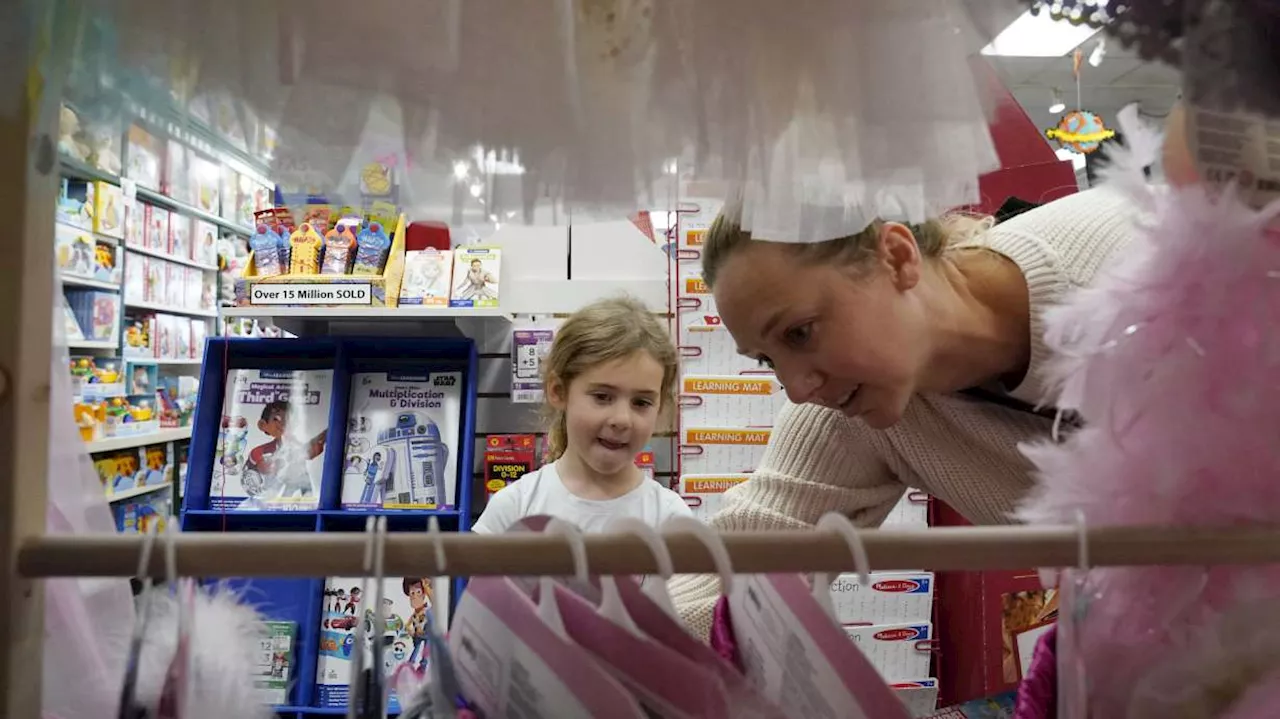Mental health specialists discuss strategies for residents reexperiencing trauma in the aftermath of hurricanes, wildfires and floods
The U.S. has had an unprecedented year of climate disasters—a relentless whirlwind of droughts, floods, cyclones and wildfires costing billions of dollars. Catastrophic events such as the firestorm in Hawaii and Hurricane Idalia in Florida have been battering down the homes and livelihoods of countless people, leaving trails of long-lasting destruction across the country.
A growing body of research is revealing how crises of climate change—including wildfire smoke, pollution, flooding and extreme heat—are worsening conditions such as anxiety, depression and post-traumatic stress disorder . While experts emphasize the importance of quickly getting people rehoused, rebuilding in a disaster-prone area could subject people to the trauma of losing their home yet again.
MORGANSTEIN: People who are exposed to any given disaster have different types of exposure. Many people experience distress, annoyances and general stressors. And there can be many of those that pile up on top of one another. Of course, the stresses that people experience change over time. The stresses of the moment of a hurricane are very different from the stress of two weeks, six weeks, six months and 12 months after the event.
It’s hard enough to move to a new place when you want to, and you’ve planned for it, and all of your possessions are with you. But people who have been forcefully displaced are dealing with issues of grief, which is a very overlooked but universal response to disasters. It’s often the thing that hangs on for people long after scars are healed. Mental health professionals will diagnose depression, anxiety or PTSD.
DWYER: Housing is very, very important. One of the things we have seen, especially during the COVID pandemic, is that organizations in the U.S. seem to be getting people out of congregate group shelters and moving towards what we refer to as “noncongregate shelters” . It might not be home, but it’s not a large building where you’re sleeping right next to strangers.MORGANSTEIN: Some people leave because they feel a sense of threat and feel unsafe.
Is it going to be worse or better? I’d like to be able to give you a simple answer to whether people should come back. The reality is that there are many factors for individuals that will likely come into play. I do think it’s important to think about—because these events are happening more frequently.
United States Latest News, United States Headlines
Similar News:You can also read news stories similar to this one that we have collected from other news sources.
 Mental Health Monday: How food can affect your mental healthWhen you open up your pantry, what you reach for can impact your mood.
Mental Health Monday: How food can affect your mental healthWhen you open up your pantry, what you reach for can impact your mood.
Read more »
 California has a long, complicated history when it comes to treating severe mental illnessCARE Court, which aims to order treatment for seriously mentally ill people, is among the latest moves in a long history of attempts to balance rights with care
California has a long, complicated history when it comes to treating severe mental illnessCARE Court, which aims to order treatment for seriously mentally ill people, is among the latest moves in a long history of attempts to balance rights with care
Read more »
 Advancing PsychiatryNew ways of understanding, preventing, and treating mental illness
Advancing PsychiatryNew ways of understanding, preventing, and treating mental illness
Read more »
 New mental health treatment site helps connect patients with quality careHoosiers struggling with substance abuse disorder have a new free tool to utilize to help connect with qualified care professionals and facilities to aid with in recovery.
New mental health treatment site helps connect patients with quality careHoosiers struggling with substance abuse disorder have a new free tool to utilize to help connect with qualified care professionals and facilities to aid with in recovery.
Read more »
 Amid a mental health crisis, toy industry takes on a new role: building resilienceA growing number of toy marketers are embracing MESH — or mental, emotional and social health — as a designation for toys that teach kids skills like how to adjust to new challenges.
Amid a mental health crisis, toy industry takes on a new role: building resilienceA growing number of toy marketers are embracing MESH — or mental, emotional and social health — as a designation for toys that teach kids skills like how to adjust to new challenges.
Read more »
 15 Best Mental Health Podcasts Recommended by TherapistsProfessionals recommend the best mental health podcasts to address everything from daily habits to coping with chronic depression.
15 Best Mental Health Podcasts Recommended by TherapistsProfessionals recommend the best mental health podcasts to address everything from daily habits to coping with chronic depression.
Read more »
